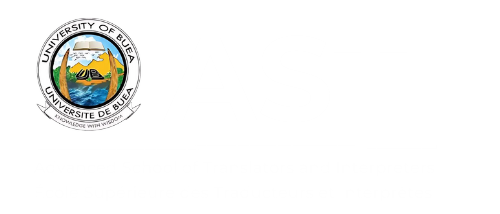Division I
OUR DEGREE PROGRAMS
M.A. in Translation
DIVISION I of the Advanced school of Translators (ASTI) offers a two-year long Masters in Translation. Admission into this programme is through a competitive entrance examination. Candidates should have at least A Bachelor’s degree in any field. Admitted students should have a mastery of at least two languages; a third language is a bonus. The programme is offered with a combination of English with French and an option for those who have third languages; Arabic, German, Spanish and recently Swahili. You can be a native or near-native speaker of any of these languages as you learn to translate to and from both languages.
ASTI offers rigorous and intense training. Courses are taught both online and on-site by experienced and trained professionals in the field of translation. During your first year, your language skills are polished and you are immediately introduced to translation and its techniques (with texts in various domains and contexts), explore Teminology, Discourse Analysis, and Intercultural Communication. In your second year, you have the opportunity to choose from the fields of Audio-Visual Translation, Literary translation, Translation from/into African Languages, among others as option. Coupled to lectures, you have a six (6)-weeks long professional internship in public institutions, NGOs and private translation firms at the end of which you will write and defend an internship report. This immersion into professional world of a translator gives you a real-time experience on the nature and realities of the job while fine-tuning your translator and networking skills.
To crown these two years, you contribute to research by writing and defending a dissertation on the area of your choice relating to translation
Why ASTI?
Both theoretical and Practical courses.
Conducive environment for students; ventilated and spacious classrooms a library + reading room accessible to all.
Experienced and trained on-field professionals as lecturers.
Accessible and available teachers ready to share with and mentor students to ease their academic journey.
An opportunity for cultural discovery due to the diversity of students and teachers
Cultural events, mentorship, sporting activities and leadership opportunities.
Explore our hands-on, practical modules in areas like:
Audiovisual Translation
Translation into/from African Languages
Computer Assisted Translation (CAT) Tools
Research Methodology
We are a top school nationwide with over 40 years of experience and 300+ trained professionals working either in-house or freelance. If you want a translation programme with real-time value and an attention to intercultural communication, welcome to ASTI.

